White House Directs Copyright Office and USPTO to Provide Guidance on AI-Related Issues
LexBlog IP
NOVEMBER 2, 2023
This comes amidst a backdrop where AI models currently cannot be recognized as inventors, a stance reaffirmed in the Federal Circuit decision Thaler v. Fair Use: The Executive Order encourages data sharing and research. This raises questions about the ownership and fair use of AI-discovered orphan works.

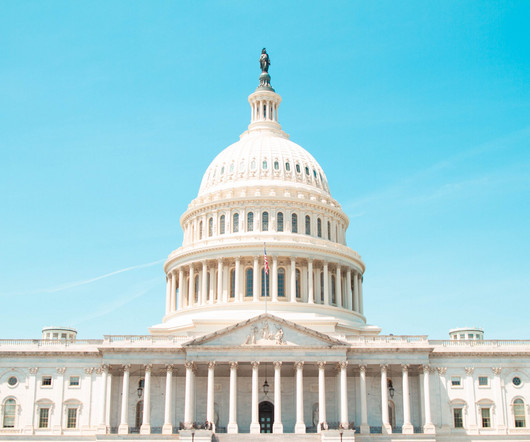
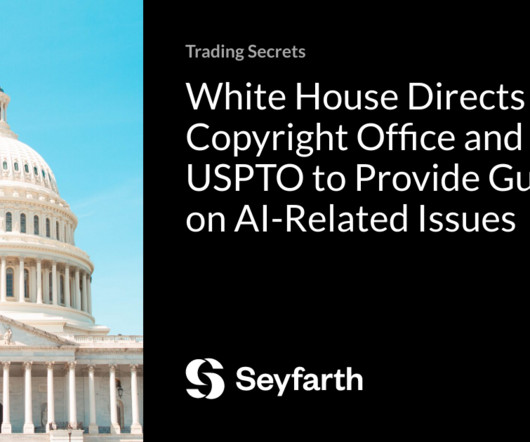
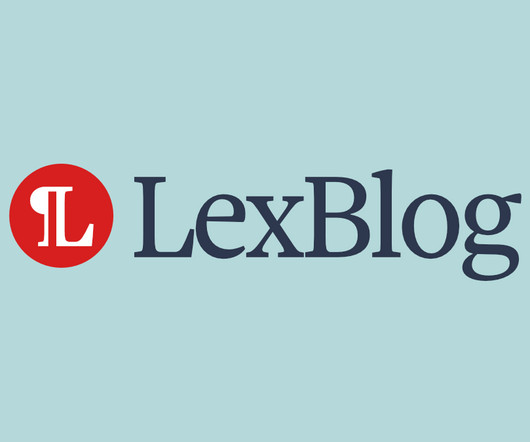
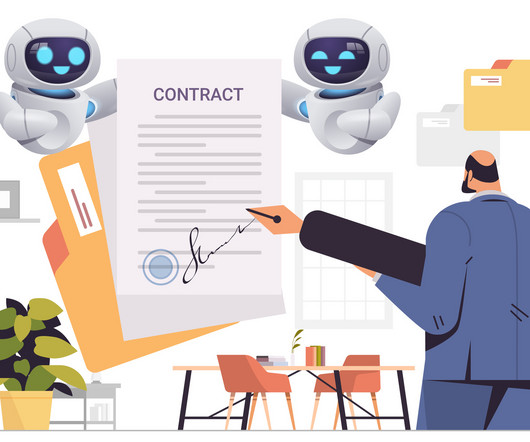
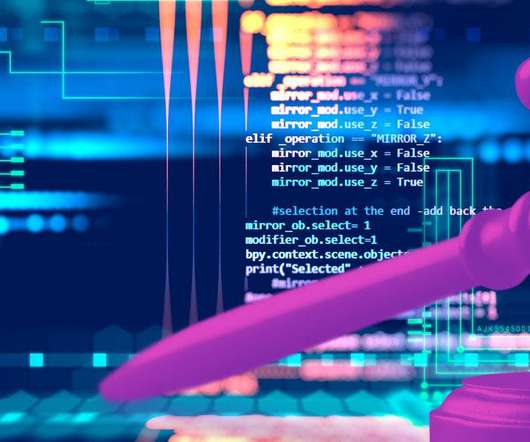
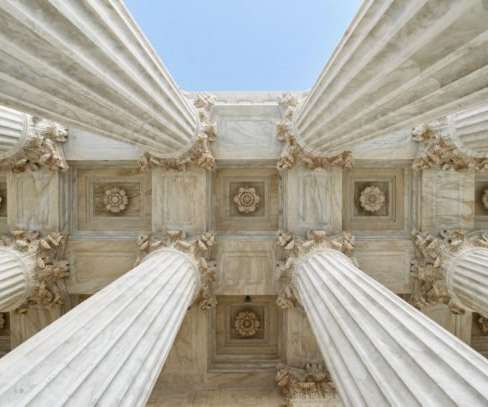






Let's personalize your content